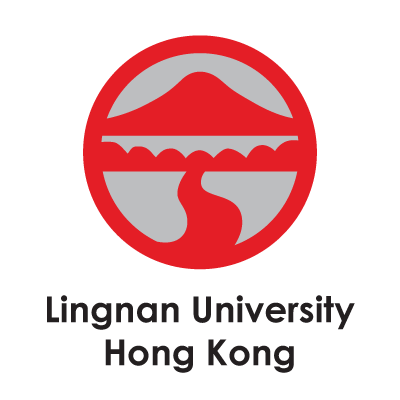Teaching tech literacy to non-STEM students to solve humanitarian problems

Sponsored by

Sponsored by

Students at Lingnan University are applying multidisciplinary skills to wide-reaching community projects
With the fourth industrial revolution well under way, we are often told of the merits of a STEM education. Communities around the world report an employment gap in science, technology and engineering industries – and universities are under pressure to produce more graduates in these fields as a result.
But what if humanities and arts graduates could be equipped with the necessary tools and understanding of technology? Not only would it help to plug the talent gap, but it could also bring a broader wealth of ideas to efforts to create a better and more liveable future.
This was the theory proposed five years ago by Albert Ko, an engineer, entrepreneur and humanitarian worker who teaches at Lingnan University in Hong Kong.
“We don’t need to train more engineers to solve global problems,” Ko says. “What we need are people who can work with engineers – social workers, lawyers, policymakers – and to bring them together to solve important problems effectively.
“To forget about the 60 per cent of non-STEM students would be a waste of innovation,” he adds.
Today, Ko serves as director of the Lingnan Entrepreneurship Initiative (LEI), which invites non-STEM students to learn basic technology skills for real-world applications. He is also the director of service learning as well as postgraduate programme director of social entrepreneurship and innovation management at the university.
But it was Ko’s time working with Médecins Sans Frontières that gave him first-hand insight on how “very, very basic technology can significantly improve peoples’ health and living conditions”.
When Ko joined Lingnan, he “saw the opportunity for my interests to merge with the university strategy – our motto is education for service”, he explains.
Each year, the LEI programme involves about 2,500 students and community members in entrepreneurial, multidisciplinary humanitarian projects that have a focus on inclusivity. “We are designing technology to benefit people who can’t necessarily afford it,” Ko says.
Every student at Lingnan University must complete 30 hours of social service to graduate. This can be undertaken through a variety of means, for example by designing a useful tool or organising outreach projects for communities.
The university works with a network of NGOs to form mutually beneficial partnerships: “They know that we aim to solve problems that are often not profitable enough for any commercial solution,” Ko explains. “They will often come to us and propose a project and ask us whether we could help.”
One such project undertaken by service-learning students at Lingnan has helped to develop a low-cost water tank in Uganda.
As part of the Global Liberal Arts Alliance, Lingnan hosts students across the network to undertake any campus programme for two weeks over the summer. The programme was paused during the Covid-19 pandemic, but “the plan is to resume it as fast as we can”, Ko says.
Lingnan has a strong alumni network, which is helping to support the humanitarian technology programme through new industry partnerships.
“Students are learning how even very simple technology can be applied to solve fundamental human problems – and that they don’t need an engineering degree to do it,” Ko concludes.
Find out more about Lingnan University.